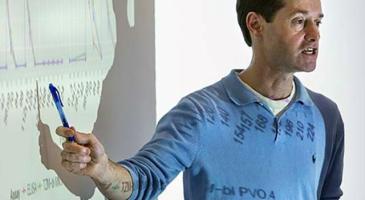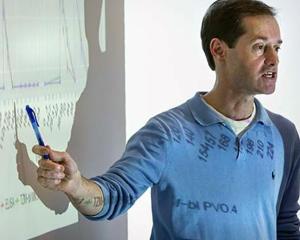To prove their COVID-19 vaccines worked, companies had to enroll more than 100,000 participants in monthslong clinical trials. Next time, Peter Gilbert wants such tests to require only a few hundred people and eight weeks' time.
In the News
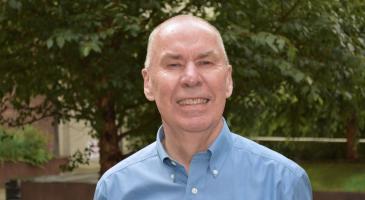
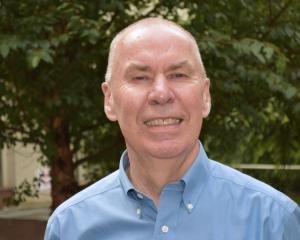
Dr. Bruce Weir, a professor in the Department of Biostatistics at the University of Washington School of Public Health, has been elected as a Fellow of the Royal Society of London for Improving Natural Knowledge for his fundamental contributions to the theory of population and quantitative genetics and to forensic science.


Children exposed to air pollution before birth—even at levels considered acceptable under regulatory standards—are more likely to have increased blood pressure in early childhood and potentially greater risk of developing cardiovascular diseases as adults, according to new research from the University of Washington School of Public Health and partners. Associate Professor of Biostatistics and MS Capstone Program Director Adam Szpiro is a co-author.


Models that can successfully predict suicides in a general population sample can perform poorly in some racial or ethnic groups, according to a study by Kaiser Permanente researchers published April 28 in JAMA Psychiatry. Yates Coley, KPWHRI researcher and UW Biostatistics faculty member, is the study's first author. Susan Shortreed, who is also a KPWHRI researcher and a UW Biostatistics faculty member, was part of the research team.
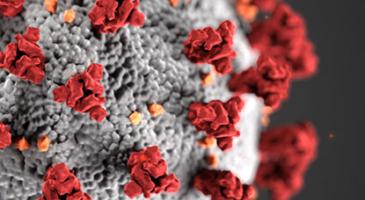
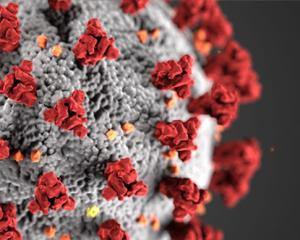
The COVID vaccines available in the United States today work extremely well at preventing illness, but there are still questions about how long that protection will last and whether they'll work against viral variants that could pop up. Peter Gilbert, biostatistician at the Fred Hutch Vaccine and Infectious Disease and Public Health Sciences Divisions and a UW research professor of biostatistics, is quoted.


Article includes COVID-19 vaccine work by Hutch biostatisticians and UW Biostatistics faculty members Peter Gilbert and Holly Janes.
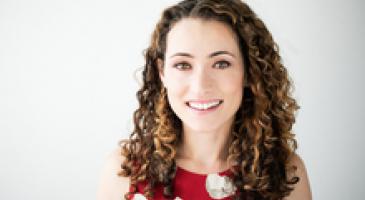
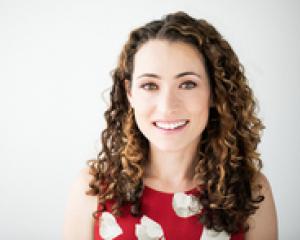
Several studies have found that women have published fewer papers, led fewer clinical trials and received less recognition for their expertise during the pandemic. Daniela Witten, professor of biostatistics and statistics and the Dorothy Gilford Endowed Chair of Mathematical Statistics, is quoted.
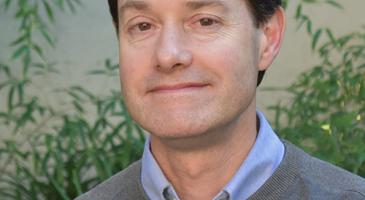
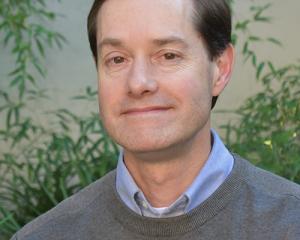
"Think of the vaccine as a sieve and different variants as pebbles poured into the sieve: the vaccine will block some variants but allow others to pass through, and sieve analysis learns which variants make it through." — Peter Gilbert, biostatistician at the Fred Hutch Vaccine and Infectious Disease and Public Health Sciences Divisions and a UW research professor of biostatistics.
